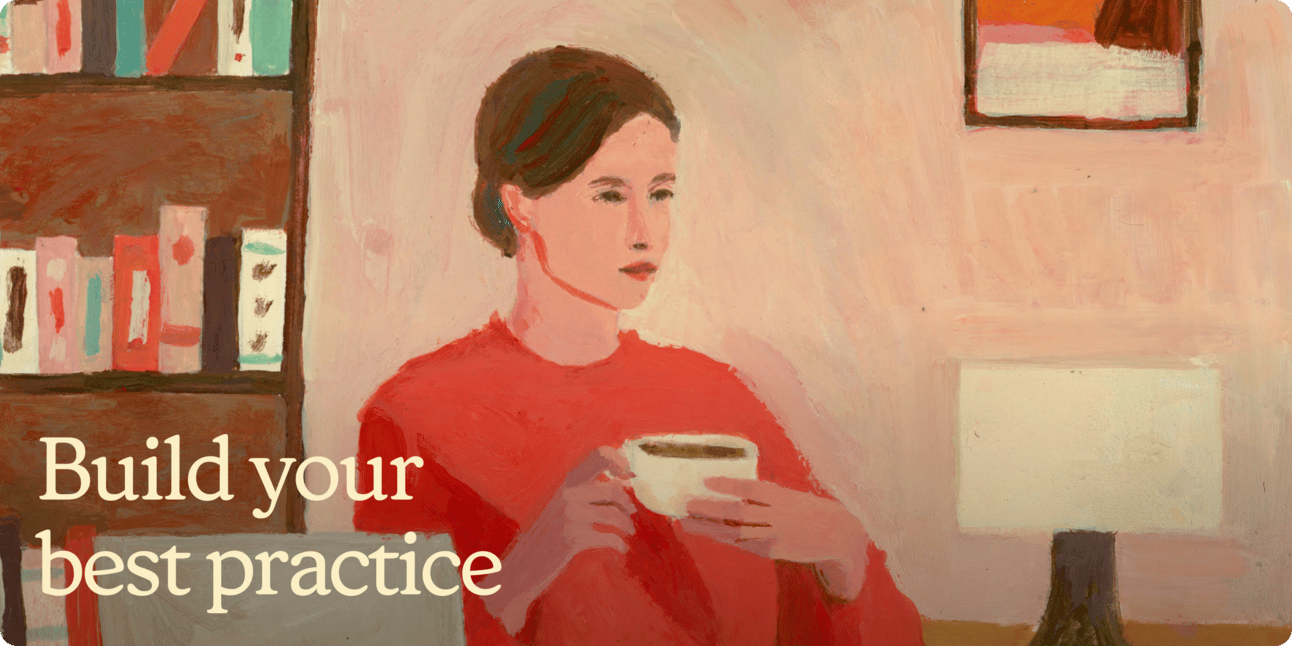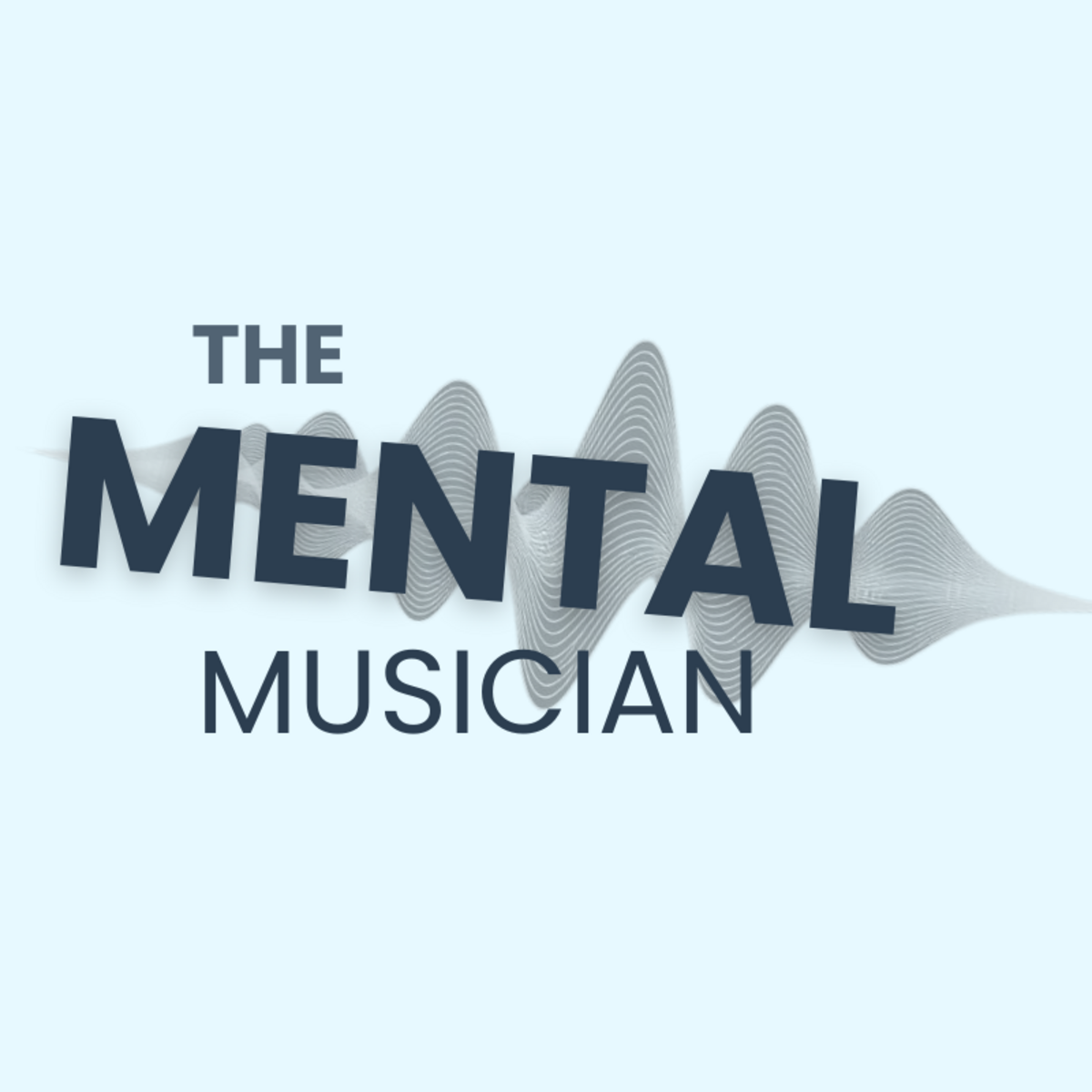Ed Sheeran. Lewis Capaldi. Adele. Lady Gaga. James Arthur. Billie Eilish. Demi Lovato.
We know them as music icons.
Chart-topping hits. Sold-out tours. Grammy awards.
But there’s something else they all have in common—
Something far less glamorous. Something more vulnerable.
They’ve all opened up publicly about their mental health struggles.
And for some, it nearly cost them everything.
Ed Sheeran was one of the first to speak openly.
In 2023, he sat down with Rolling Stone and spoke honestly about depression, grief, and suicidal thoughts he endured during the most tumultuous period of his life.
Between 2019-2023:
• He was being sued by the Marvin Gaye estate.
• His pregnant wife was diagnosed with cancer.
• He lost his best friend to a drug overdose.
• 12 hours later, he lost another to a heart attack.
Two close friends. Gone. In half a day.
“I felt like I didn't want to live anymore,” he said. “You're under the waves drowning. You're just sort of in this thing. And you can't get out of it.”
That kind of honesty takes guts.
Because, like many English men—especially in the public eye—he was ashamed to seek help.
But here’s what struck me most.
It wasn’t the fame he was worried about. It wasn’t what the tabloids would say.
It was his kids.
He wondered: Is it selfish to go to therapy when I’ve got kids to take care of?
But deep down, he knew—he couldn’t be the father or husband they needed unless he first took care of himself.
“I think it's very helpful to be able to speak with someone and just vent—and not feel guilty about venting,” he said.
I think it’s heartbreaking that someone like Ed felt embarrassed.
Not because he’s a superstar.
But because so many musicians feel the same shame.
That guilt—that silence—is something people with mental illness carry every day.
Let alone artists, whose identities are often tied to their ability to perform.
While Ed Sheeran turned inward, Lewis Capaldi faced his battle in real time—on stage, under the spotlight, with millions watching.
His Glastonbury Festival performance in 2023 was supposed to be a career high.
Instead, it revealed just how much he was silently carrying.
Midway through the set, he suffered a panic attack. His Tourette’s symptoms flared, and he began to lose control of his body.
"I can't breathe. I can't feel my breath going in. I get dizzy,” he later explained. “I feel like there's something happening to my head. I'm sweating."
I remember watching the video. As he lost his words, I got goosebumps.
I’ve been there, on stage. Playing songs I’ve done a thousand times. And suddenly, your body doesn’t feel like yours anymore. You’re not you. It’s terrifying.
But what happened next was nothing short of inspiring.
The crowd stepped in. They sang for him. Loud. United. With love.
It was like 100,000 people said, “Don’t worry Lewis, we’ve got you.”
Still, afterward, Lewis was crushed. He said he felt like he’d let everyone down. He worried that taking time off might derail everything he’d worked for.
But it was therapy that helped him get to the root of it all.
He realised his anxiety wasn’t just about the stage. It traced back to grief he’d buried as a child—the death of two close relatives, including the aunt whose suicide inspired Before You Go.
Eventually, he was diagnosed with Tourette Syndrome. And in his words, the diagnosis “made complete sense.”
He wasn’t dying. He wasn’t broken. He just needed help.
It still frustrates me how little coverage these stories get.
But I also feel something else: hope.
Because we are hearing more of them than ever before.
Artists like Ed Sheeran and Lewis Capaldi are speaking up—and that matters.
They’re headlining festivals. Winning awards. Touring the world.
And even they struggle to ask for help.
That tells us something important.
When you're in the spotlight, the pressure is relentless.
You're expected to be “on” all the time. To deliver. To inspire. To perform.
So when the cracks start to show—when the anxiety hits, when the grief becomes too much—there’s a real fear:
What if I lose everything?
And yeah, there will always be people who say:
“Suck it up.”
“Man up.”
“You sing songs for a living. What do you have to complain about?”
But maybe those people are hurting too. Maybe they just don’t know how to find the words to describe their own pain.
What matters is this:
When artists like Ed and Lewis speak up, they make it easier for the rest of us to do the same.
They remind us that underneath the fame and the streaming numbers and the awards—they’re human.
Just like your local barista. Or hairdresser. Or accountant. Or teacher.
On stage, they’re performers. Off stage, they’re parents, children, friends.
And asking for help doesn’t make them weak—it makes them strong.
Ed dedicated an entire episode of his doc The Sum of It All to the grief of losing two best friends. He asked himself whether it was all still worth it—being a musician, making art—when so much around him felt meaningless.
Lewis took six months off. Not because he wanted to—but because he had to.
And they should NEVER have to apologise for doing so.
Because if stepping away from the stage for a few months gives you back decades of joy, peace, and connection—then it is worth every second of it.
So if you’re reading this and you’re struggling...
You’re not alone.
You’re not weak.
You don’t have to keep pushing just because the world expects it of you.
Take the break. Go to therapy. Call someone. Do what you need to do.
Because the truth is: it’s okay to not be okay.
And maybe, just maybe, we’re moving into an era where more young musicians will start to believe that too.
To wrap things up, I’ve gathered a few of my favorite quotes from some of this century’s most talented musicians who’ve shared their struggles with mental health. These are the ones that resonated most with me, and who knows—maybe one day, there’ll be a chance to create a collection of a million more.
Ed Sheeran: “The help isn't a button that is pressed, where you're automatically OK. It is something that will always be there and just has to be managed.”
James Arthur: “I had an anxiety attack on stage in front of 12,000 people... I thought I was gonna die. But it really made me appreciate my blessings.”
Adele: “I have anxiety attacks, constant panicking on stage... I never feel like I’m going to deliver.”
Lady Gaga: “Depression doesn't take away your talents – it just makes them harder to find. But I always find it.”
Lewis Capaldi: “I’ve been working with some incredible professionals to help me cope better with my Tourette’s and anxiety. I’ve noticed a marked improvement.”
Ariana Grande: “Here’s to ending the stigma around mental health and normalizing asking for help.”
Selena Gomez: “I will always be working on my mental health. I’m simply just a person living and surviving every day.”
Thank you so much for taking 10 minutes of your day to read today’s newsletter.
I hope it gave you a bit of belief and reassurance to know that even our idols are just as vulnerable as we are.
If anything here resonated, or if you just want to share your own story, I’d love to hear from you. My inbox is always open.
Just by subscribing, you're already supporting this work more than you know.
But if you’d like to go one step further, I’ve set up a Patreon page:
👉 patreon.com/thementalmusician
I created it as a way to connect more deeply with readers—
to offer more support, more conversations, and more behind-the-scenes content.
All podcast episodes live there exclusively.
There are four membership tiers, but there’s also a free one—with plenty of perks if you’re just getting started.
Thank you for being here.
Thank you for keeping the faith in me.
And I’ll see you in the next one.
With love,
Brian
Thanks for reading!
Start taking insurance with ease
As a provider, your expertise changes lives – and taking insurance makes care accessible to those who need it most. Headway makes it seamless. Start accepting insurance with ease so you can focus on what you do best – providing quality care.
Join 50,000+ providers building their best practices and expanding their reach with Headway.
Simplify insurance with streamlined billing, credentialing, and compliance
Earn more with higher rates, bi-weekly payments, and expert guidance
Access free continuing education to deepen your skillset and keep up your licensure
Manage a connected practice with EHR tools for scheduling, messaging, and documentation
The best part? It’s all in one free, no-commitment platform. With Headway, taking insurance is easier than you think.




